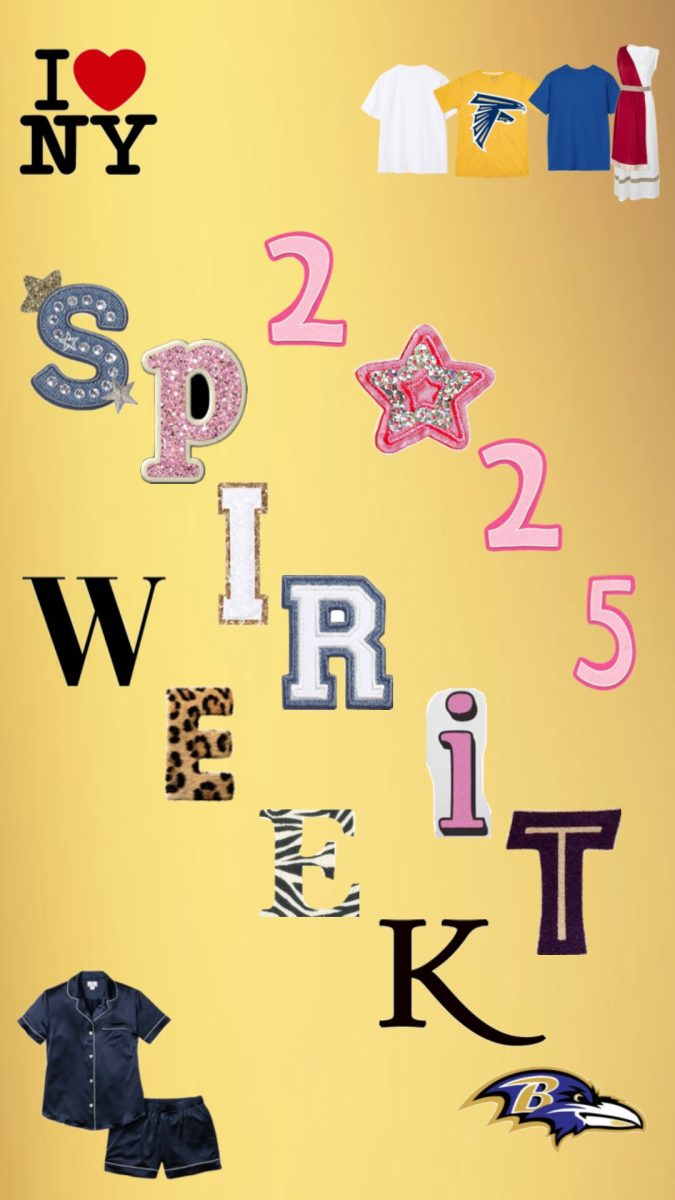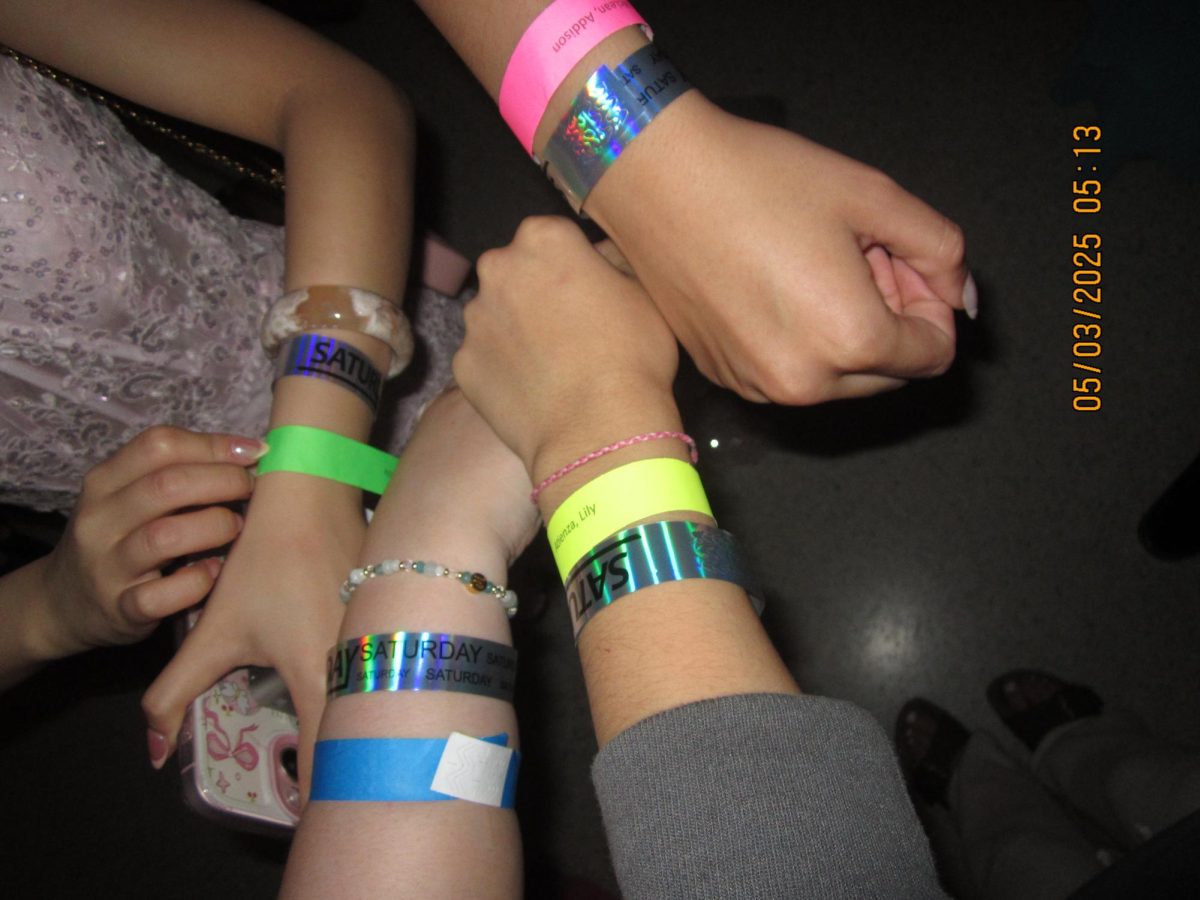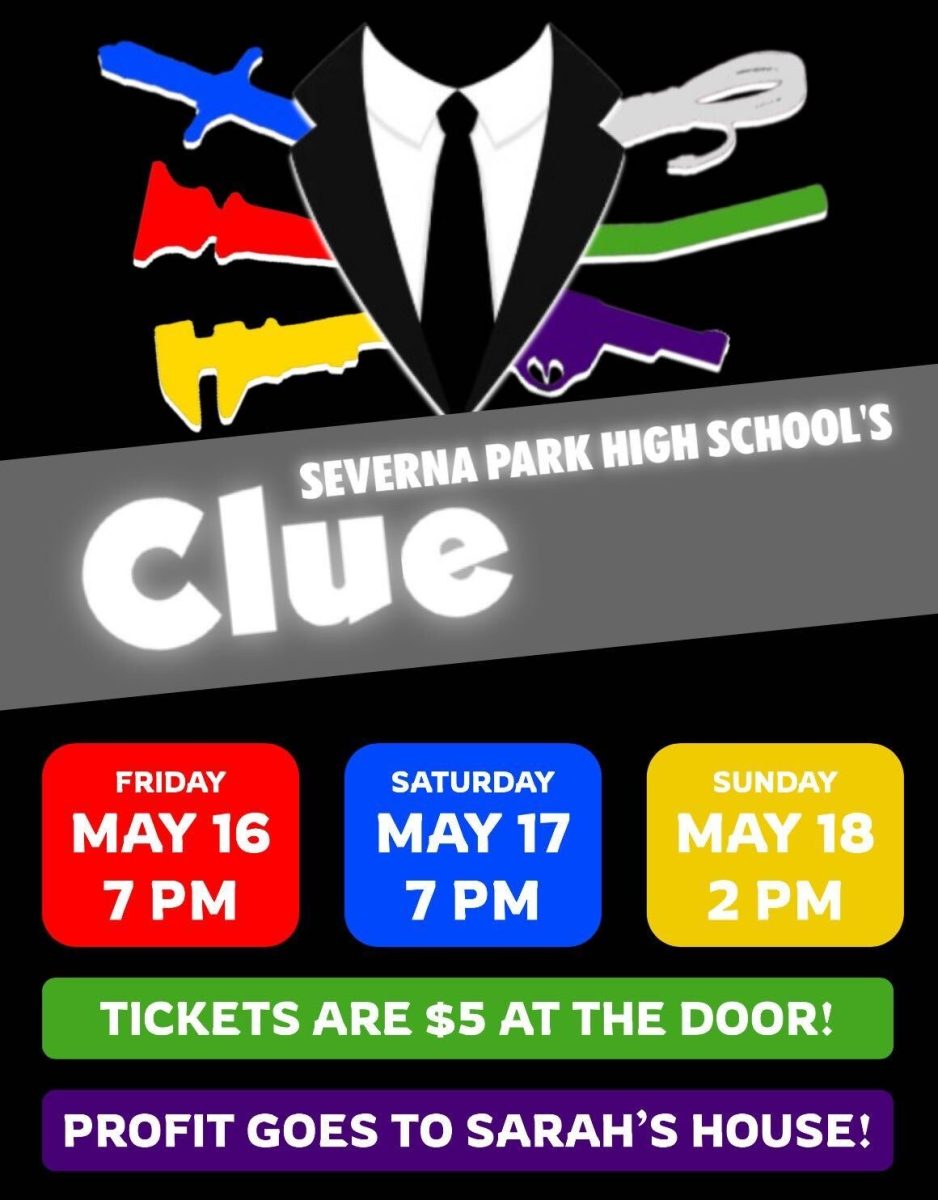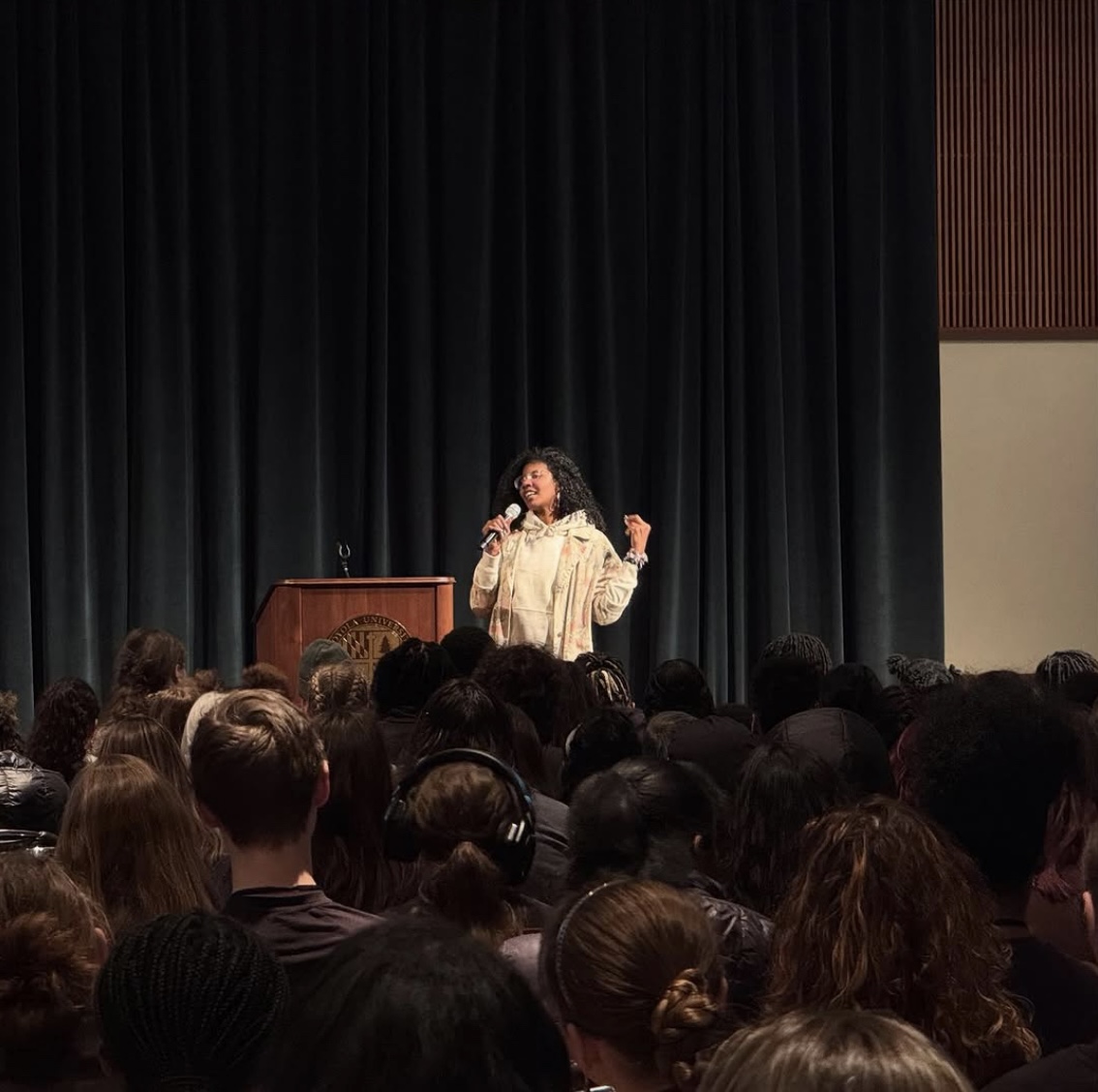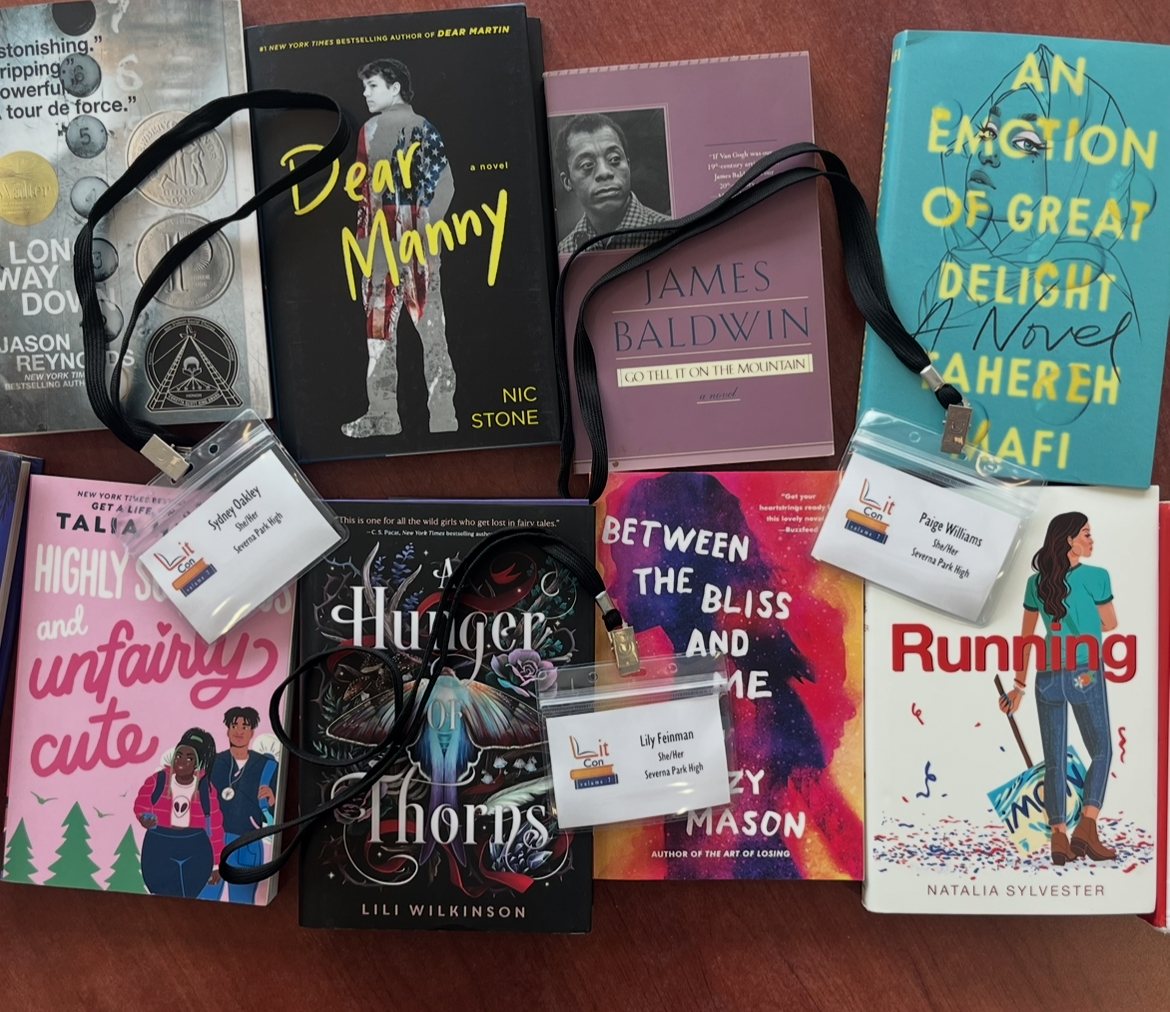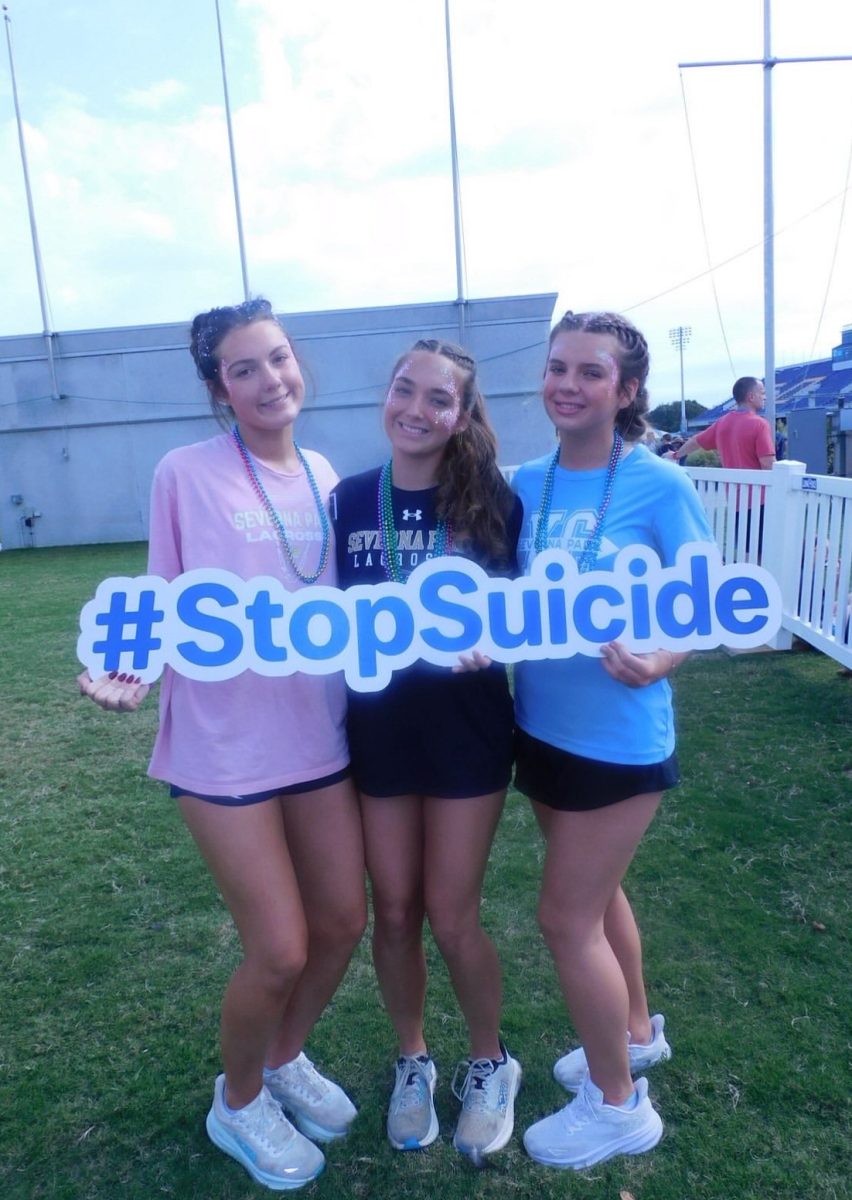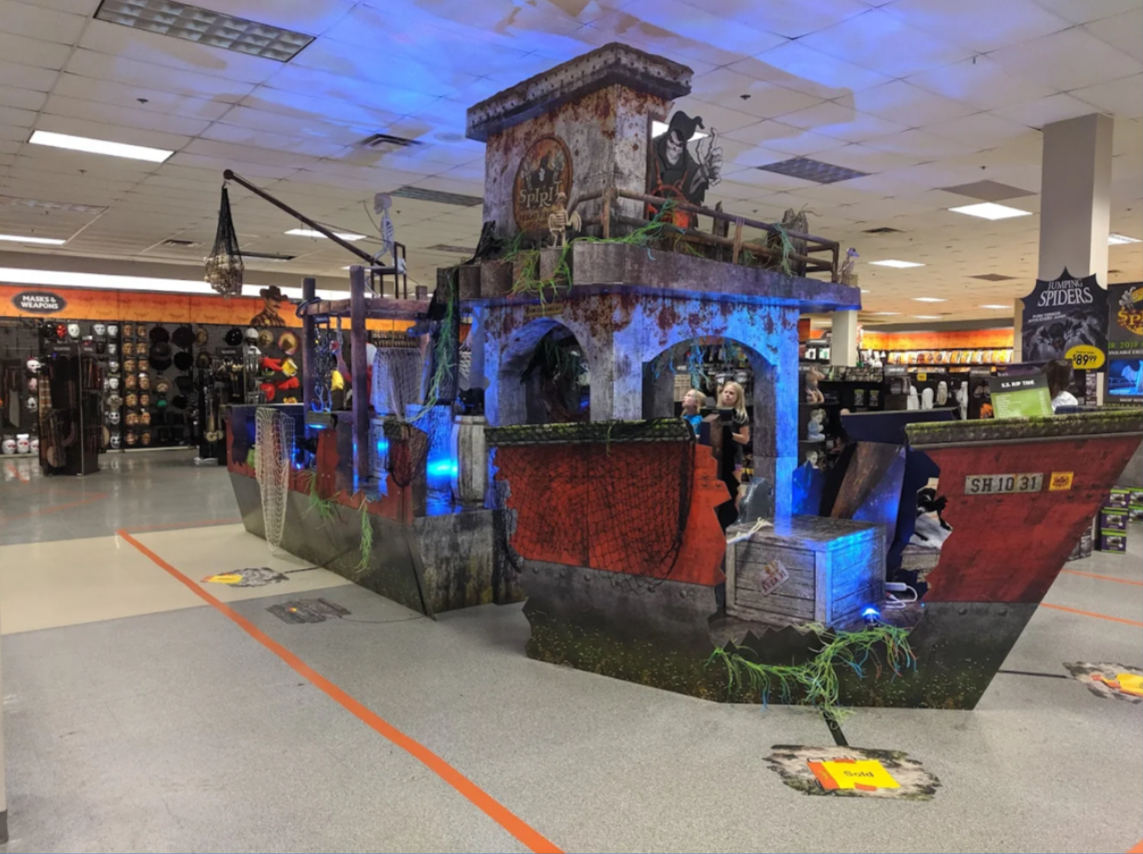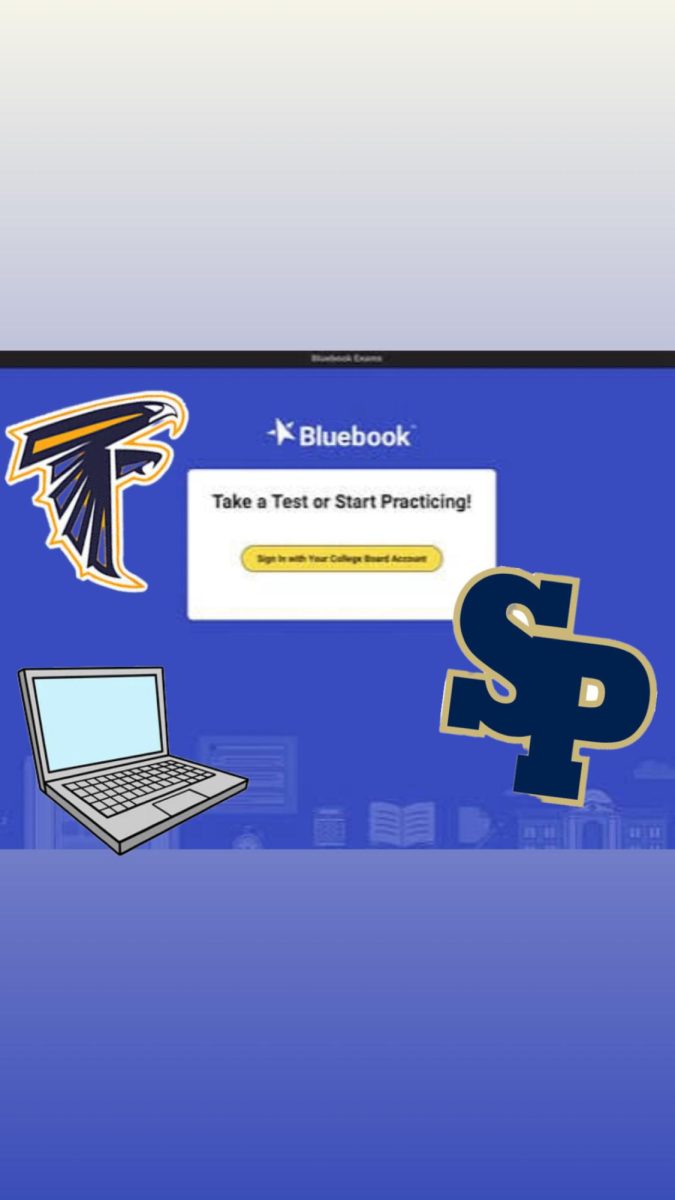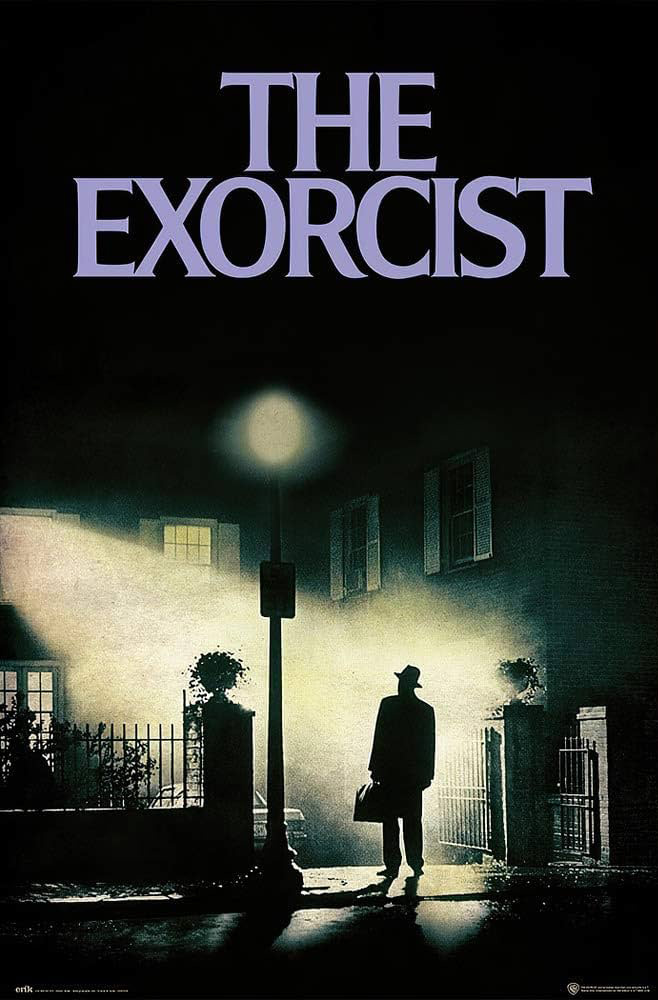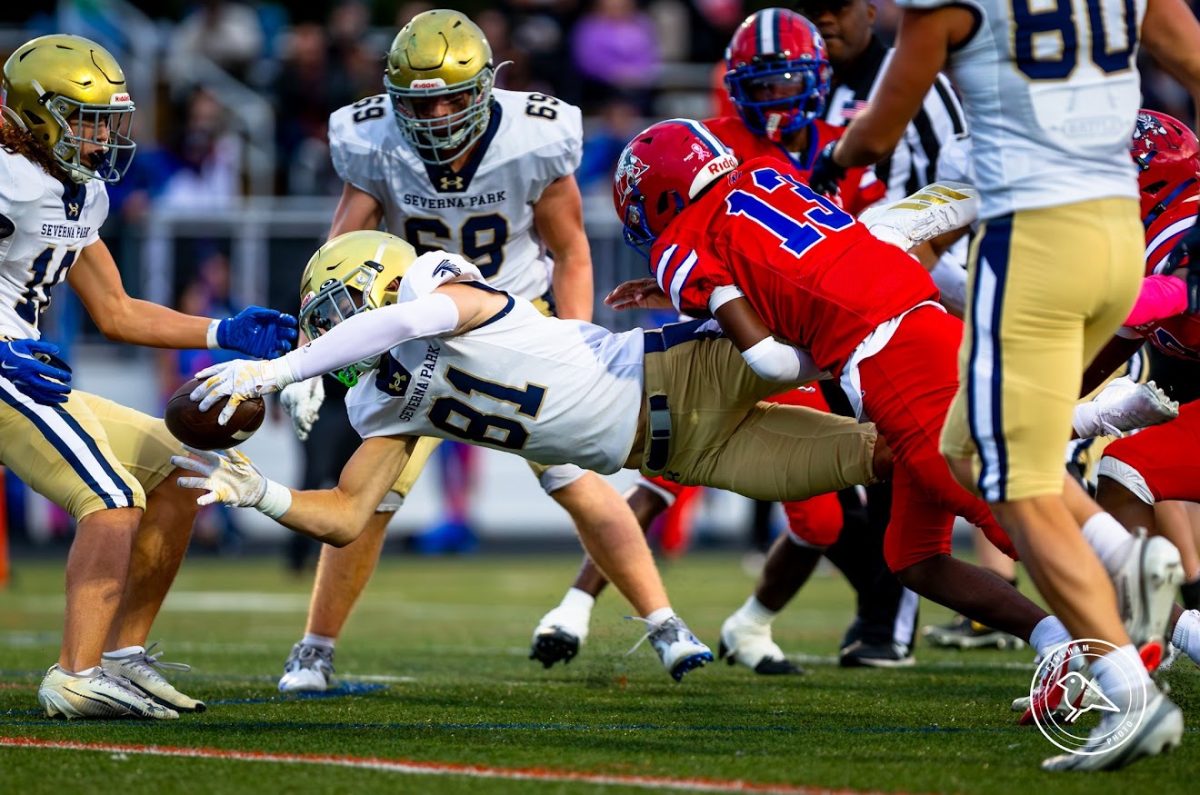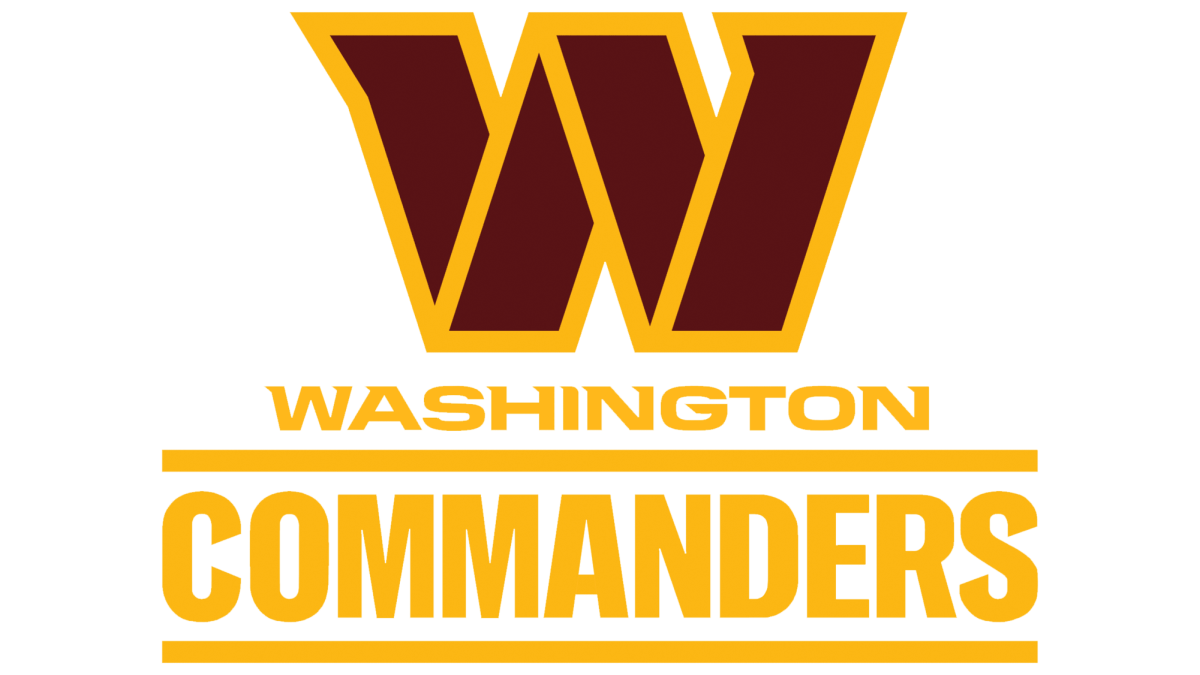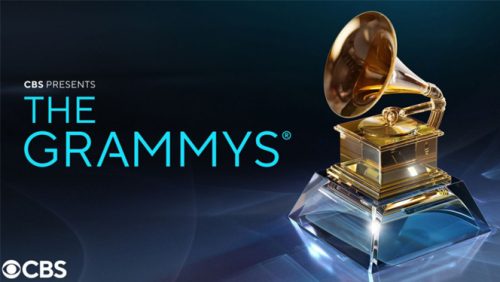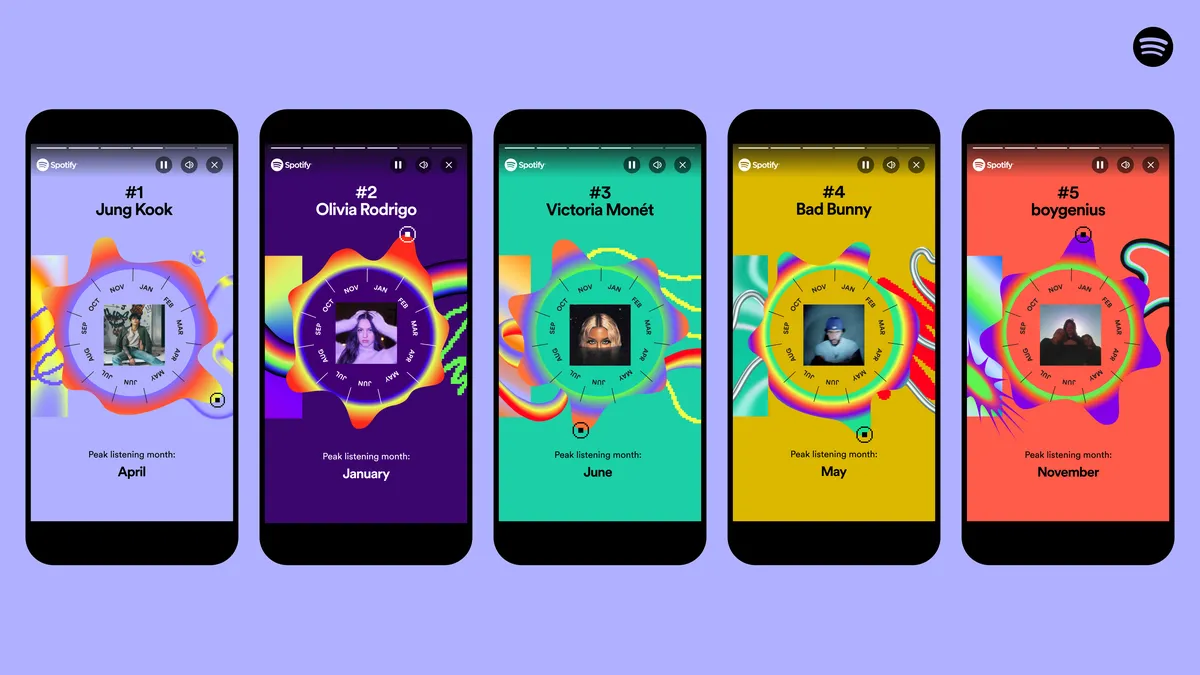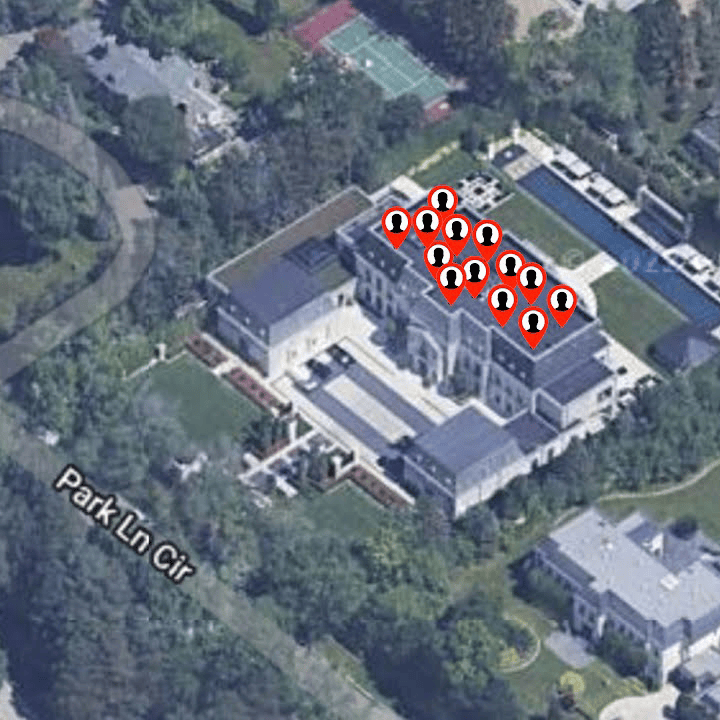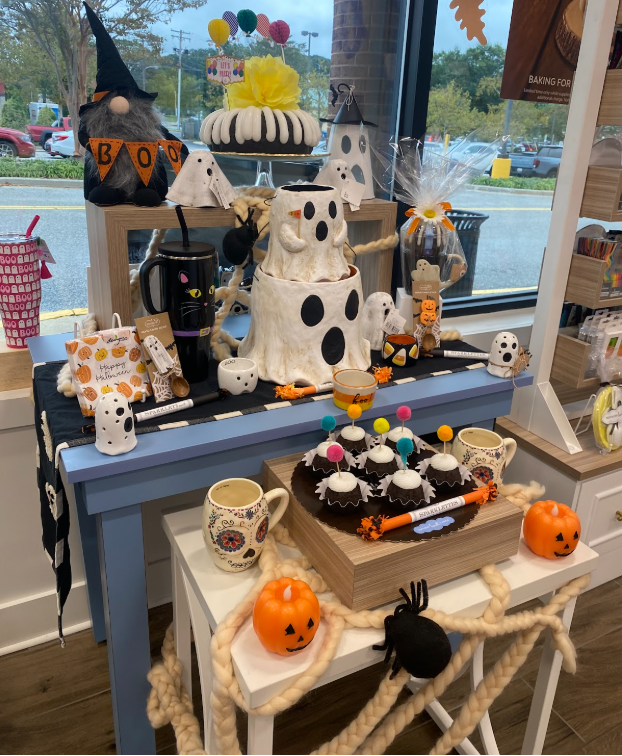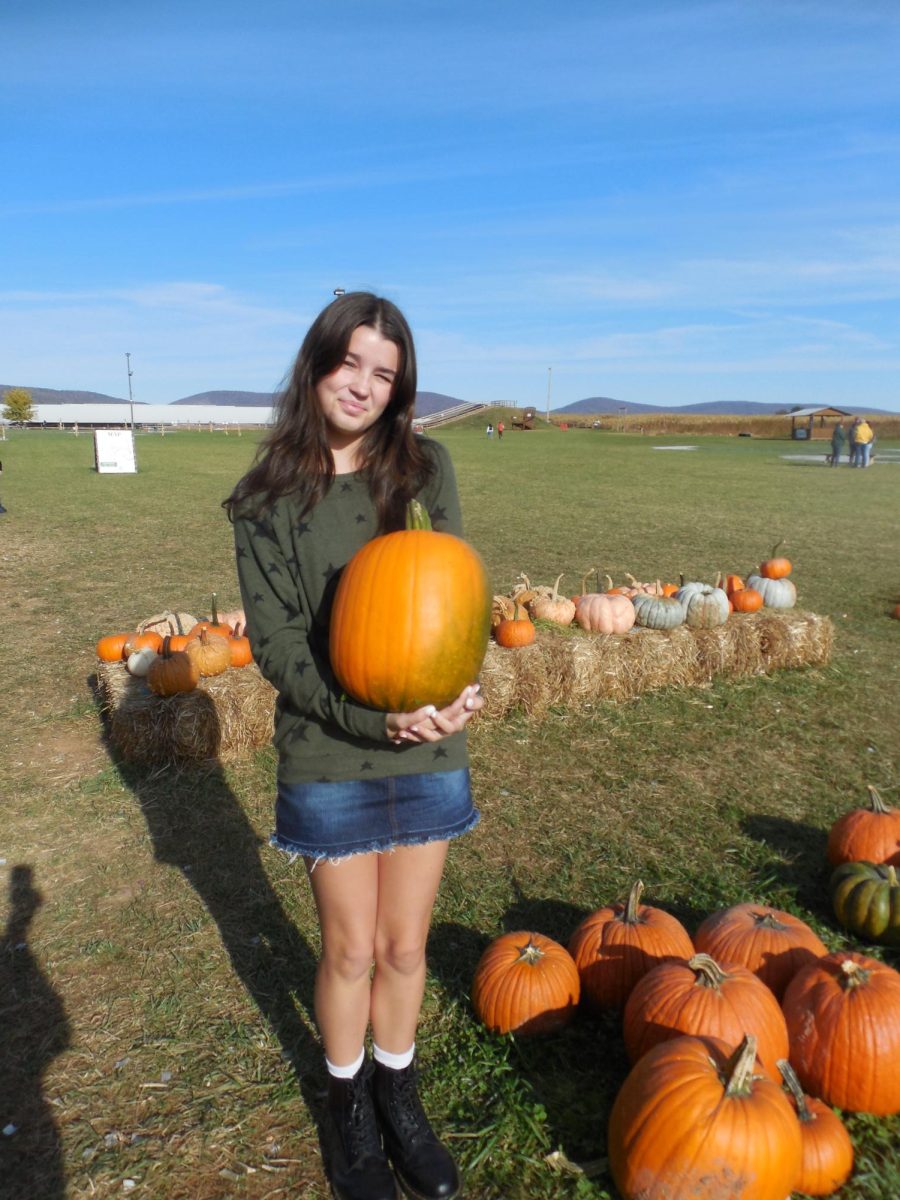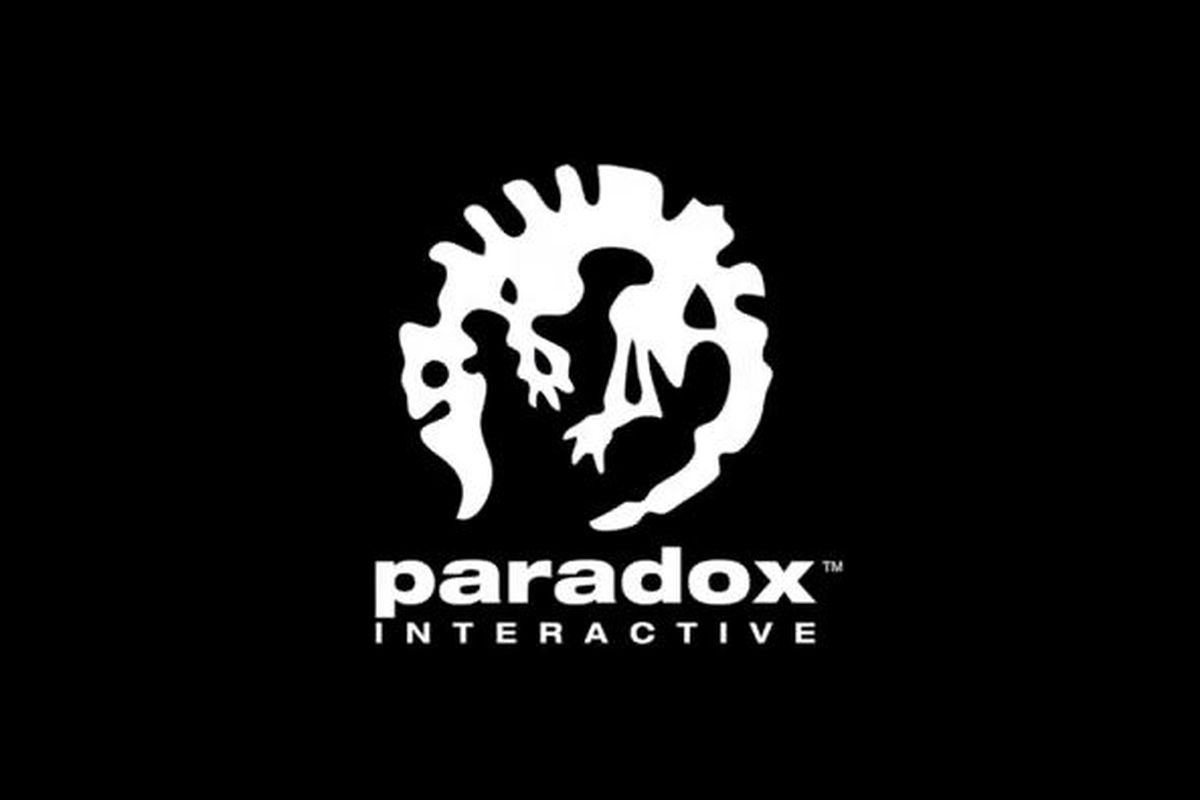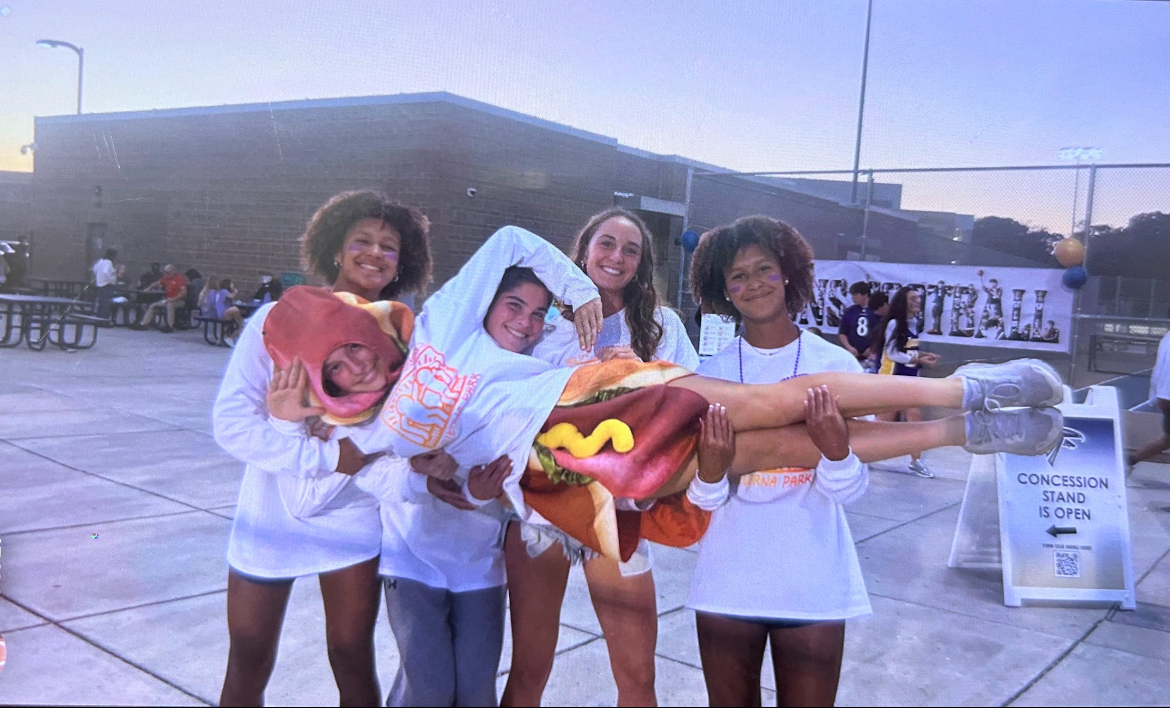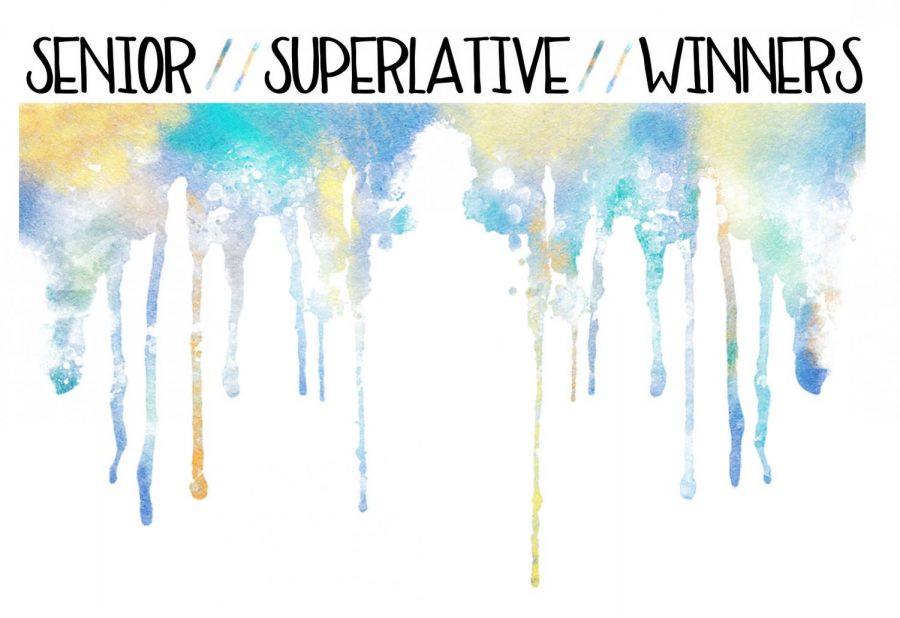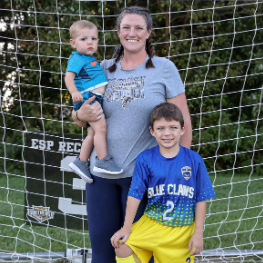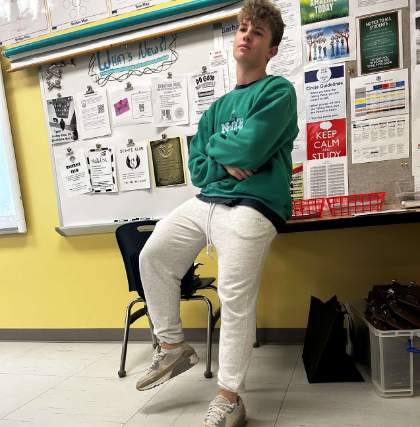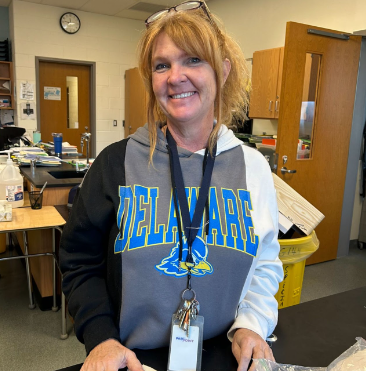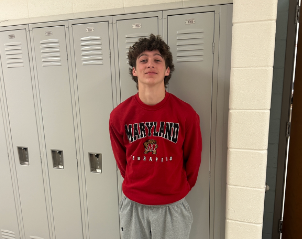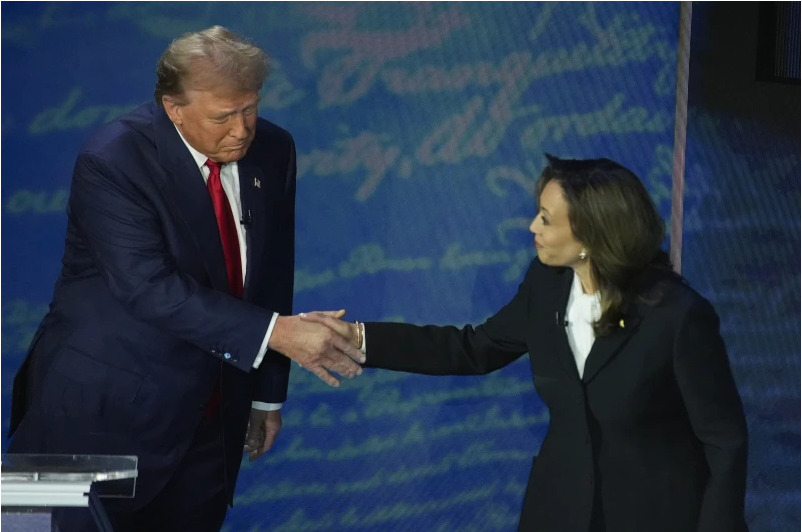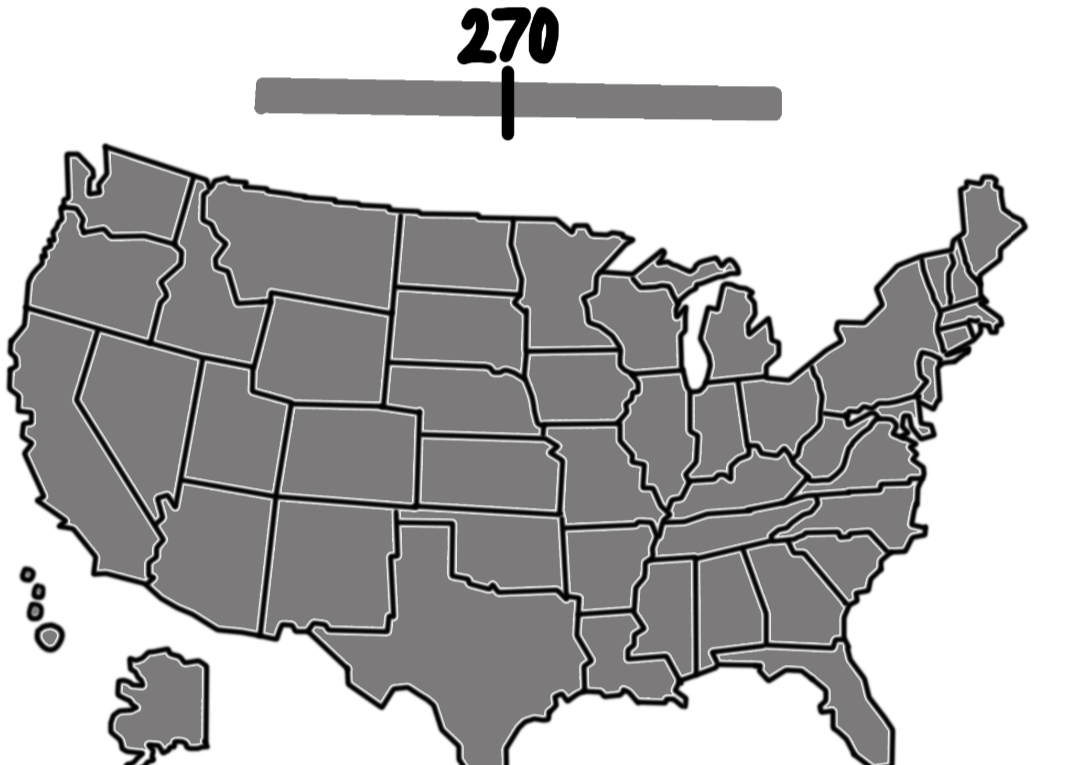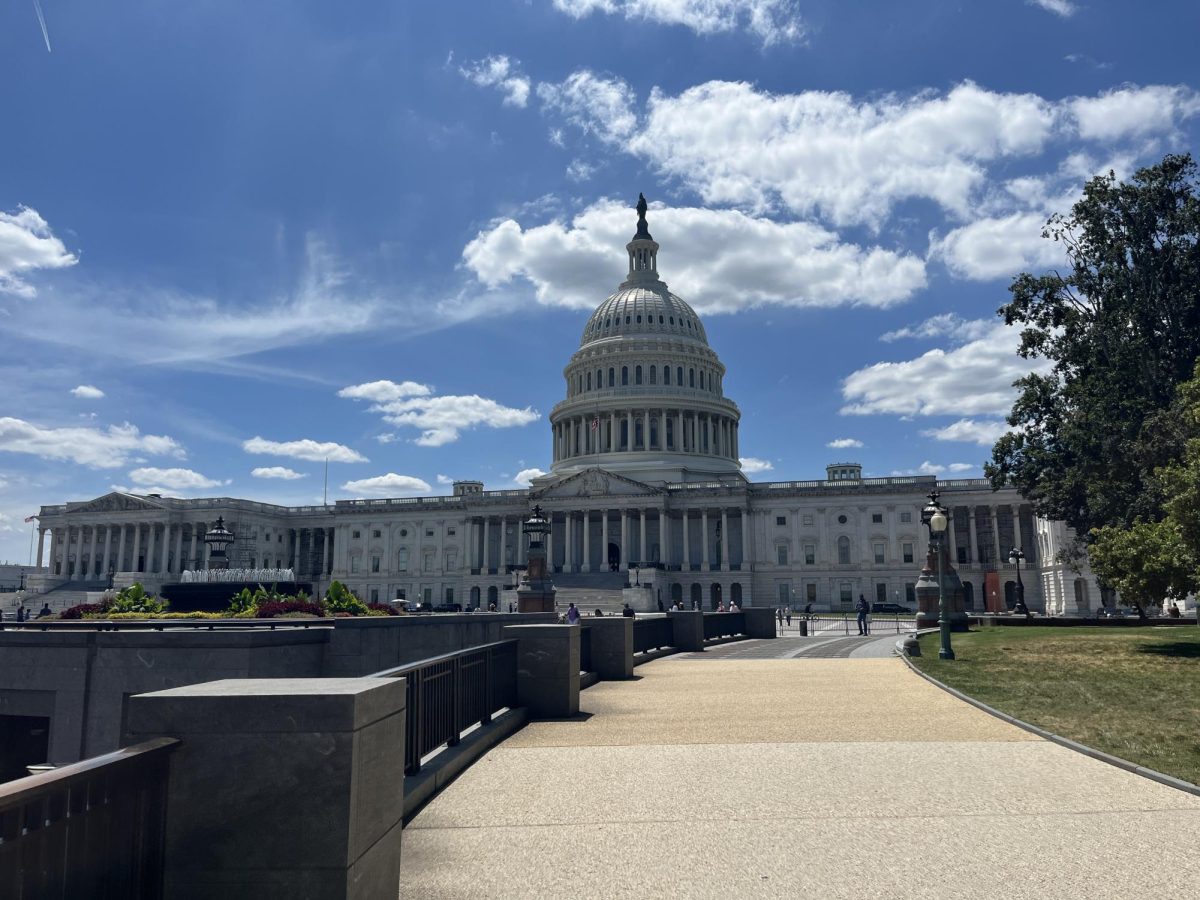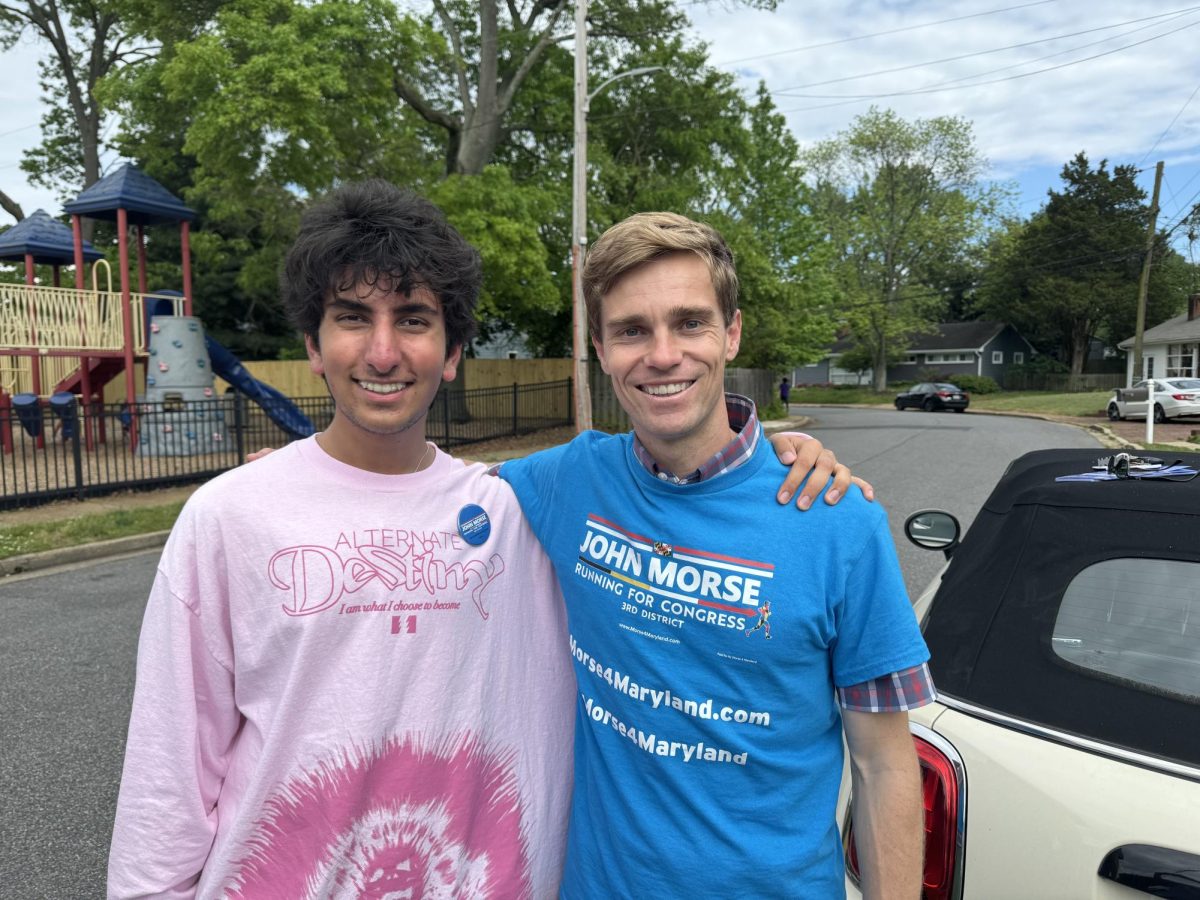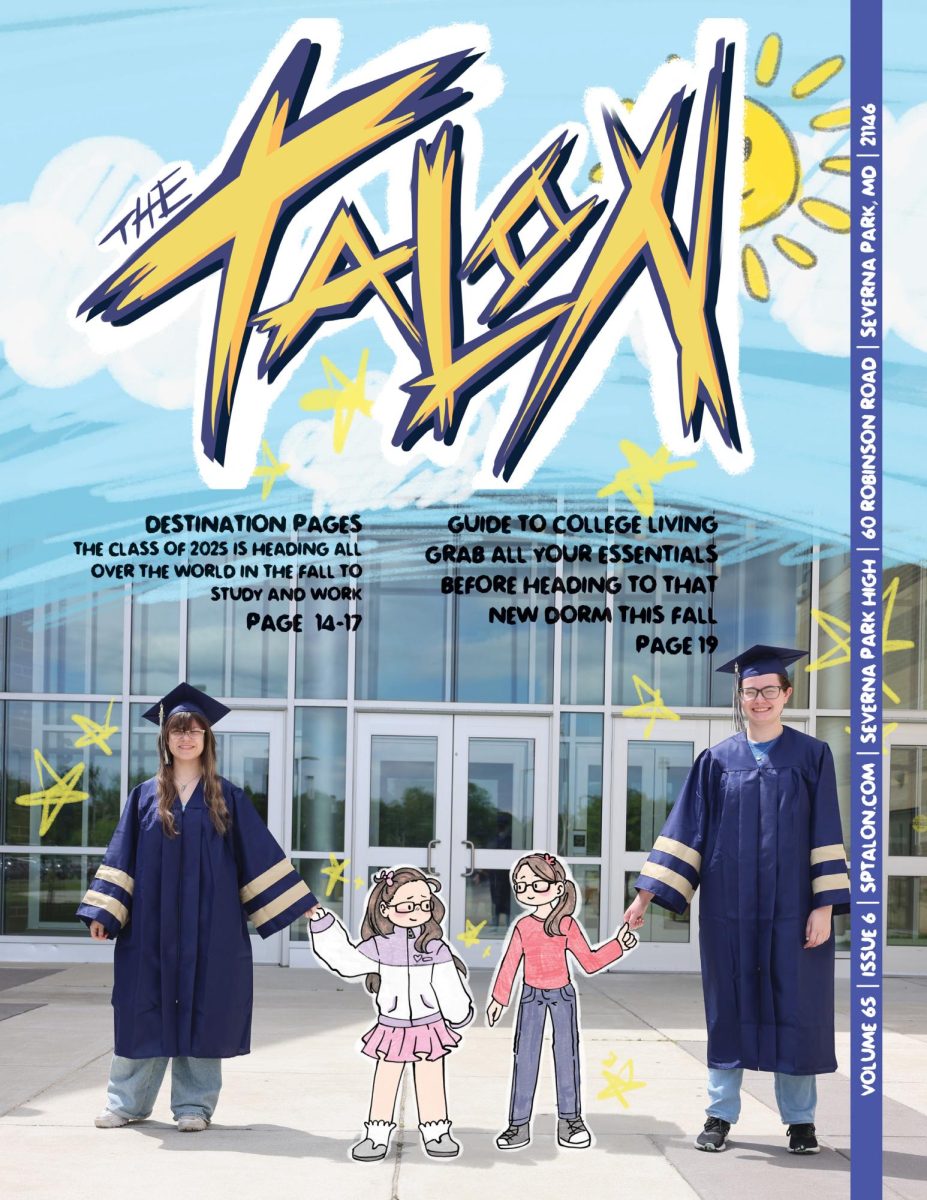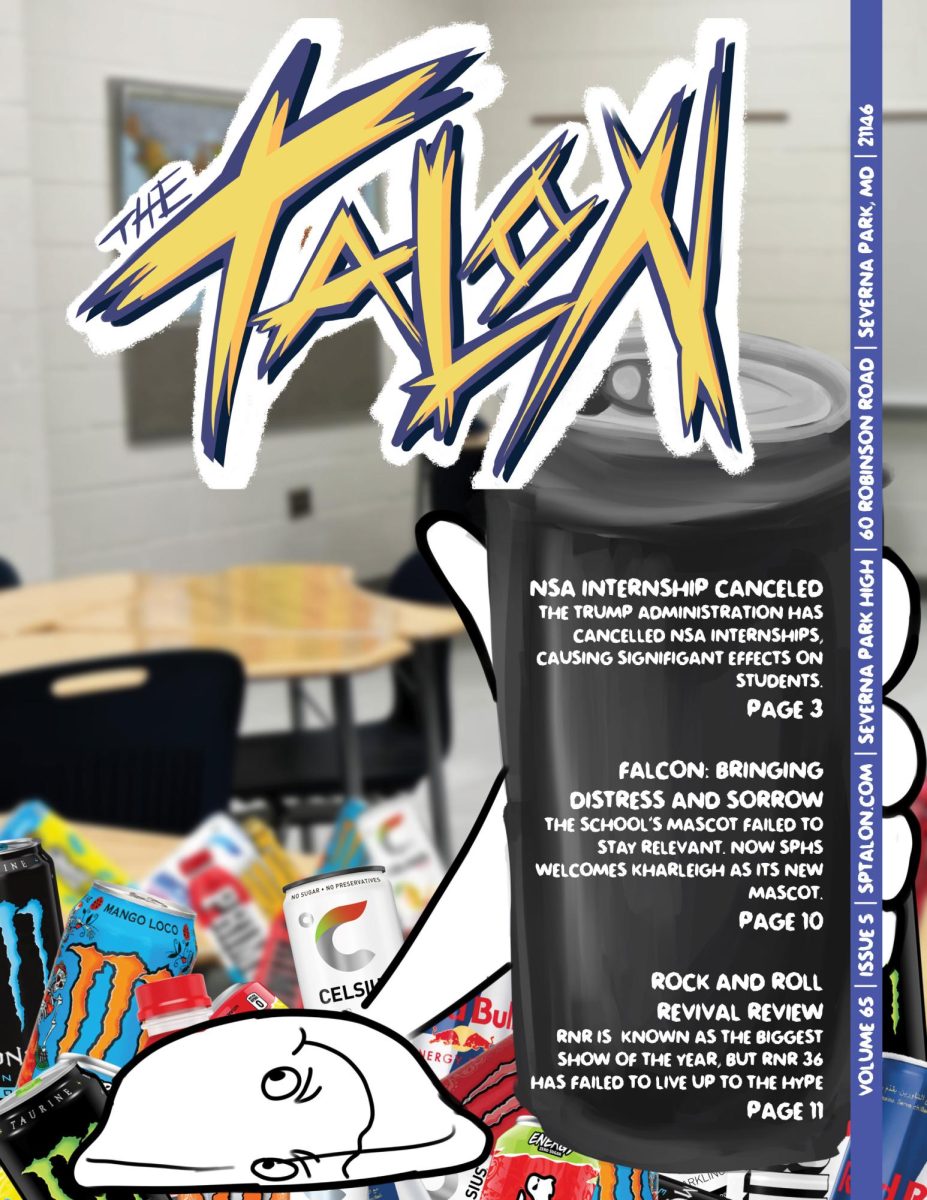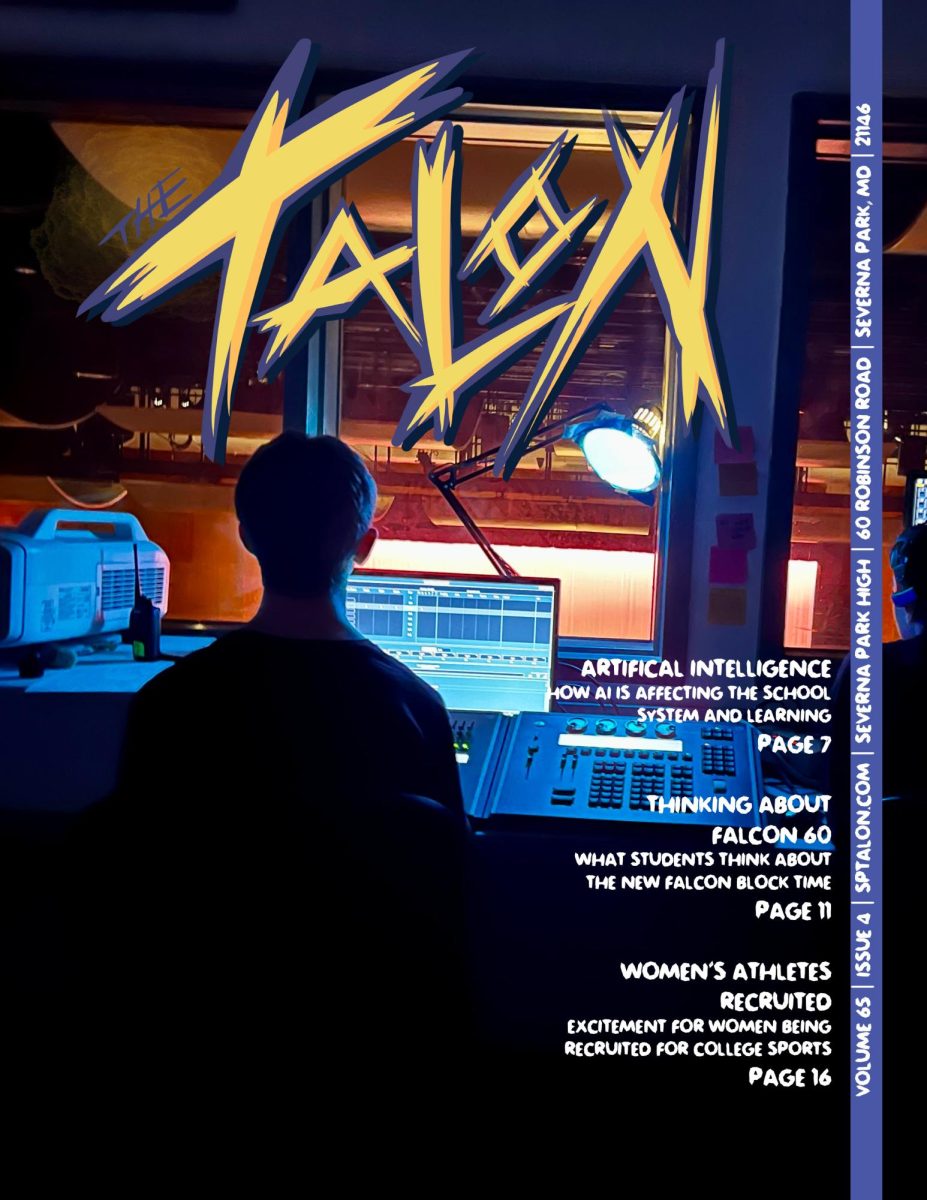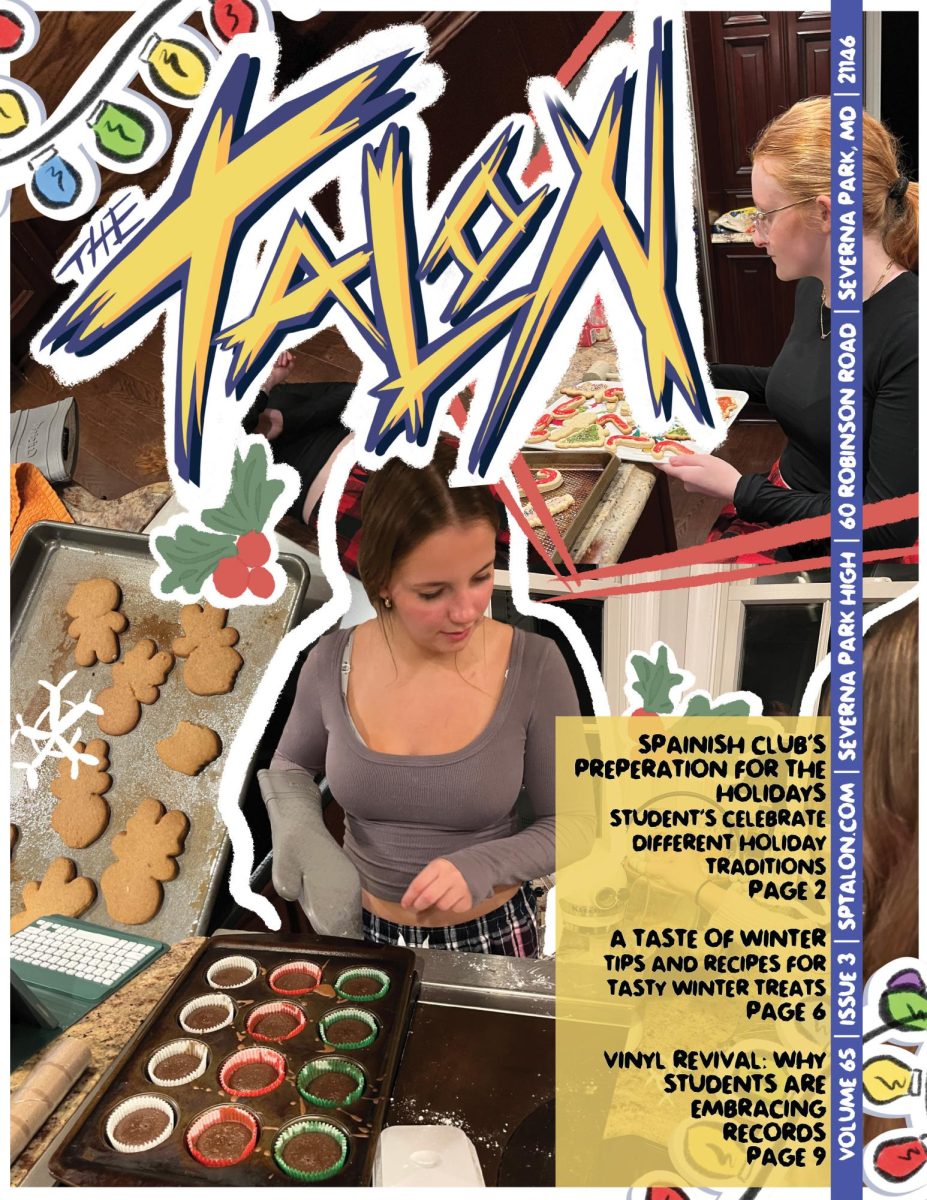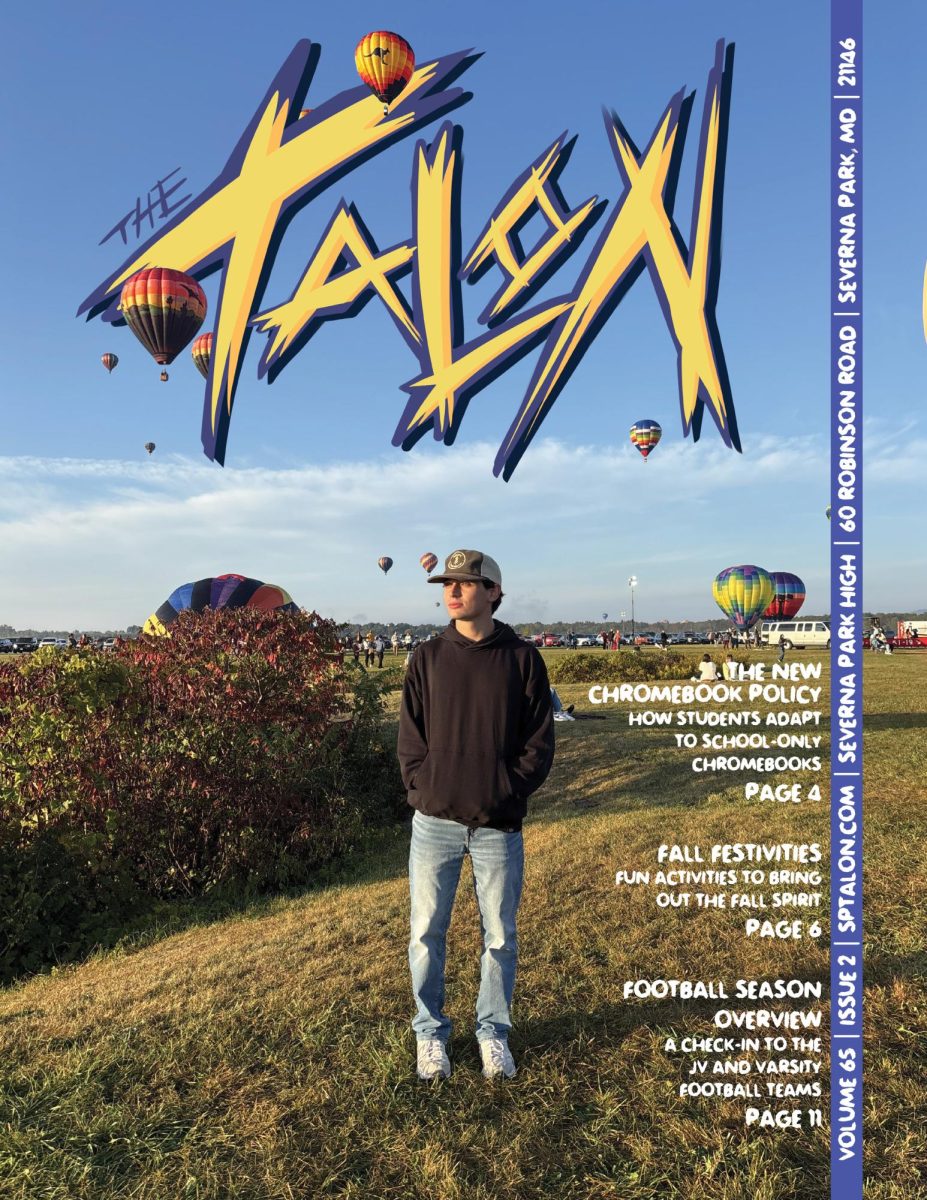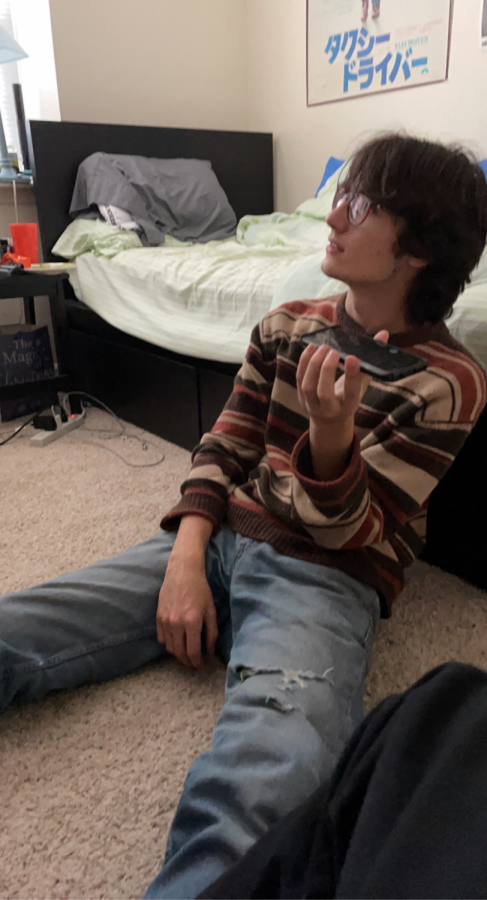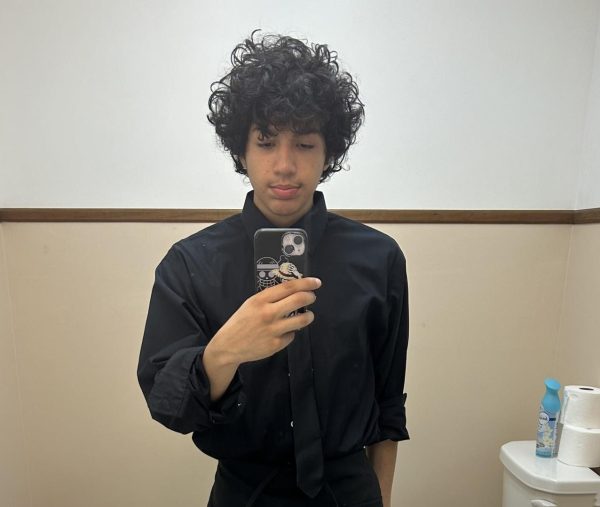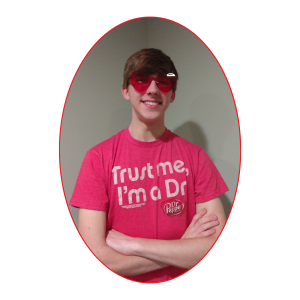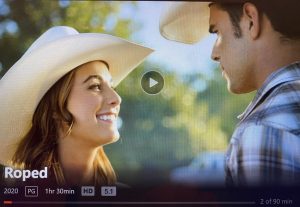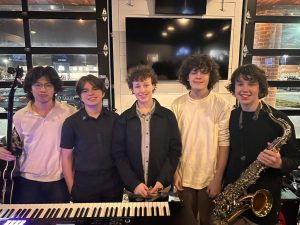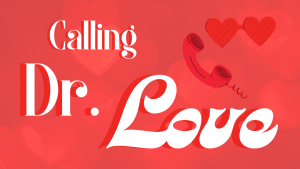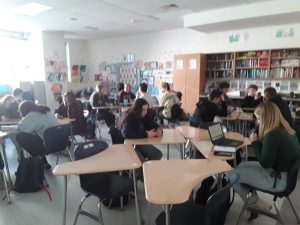Listening to Hip-Hop
Freshman Lucas Cropper at SPHS has been listening to hip-hop music for nearly a year and it has had a profound influence on his passions.
Lucas Cropper has gotten more interested about the creation process of songs and has experimented with his own lyrics and delivery. In the photo, he is listening to hip-hop songs and trying to pull out what makes them stand out to him. Outside of the frame is one of Cropper’s friends finding samples to make beats. “I now want to pursue a career in hip hop that will inevitably get me no where,” Cropper said.
June 1, 2021
Looped samples of obscure, as well as classic jazz tracks with a hip-hop beat and a rapper’s verse of densely-packed rhymes blasts from freshman Lucas Cropper’s chilly basement as he repetitively bobs his head up and down.
Since late summer of 2020, Cropper has been listening to hip-hop, including its many sub-genres and artists. ¨Wu-Tang: An American Saga,¨ a television series telling slightly altered and dramatic stories of prominent rap group Wu-Tang Clan in the 1990s, was a main catalyst for Cropper´s interest in hip-hop. While the Wu-Tang Clan was one of the main groups Cropper listened to when he first began his hip-hop journey, they introduced him to other talented solo artists and groups.
“MF DOOM [is my favorite rapper] because his flow and word play is unmatched,” Cropper said. “And The Pharcyde [is my favorite group] because the dynamic between all the members just works so well.”
For many, there are inexplicable factors and feels that go into deciding whether a song is enjoyable or not. In hip-hop songs, there is delivery, the content in what the message is, the instrumental, the chorus, and verse structure, to name a few more tangible parts of the song. Cropper believes all parts of the song, like the lyrics and beats are important, but that delivery slightly edges out the other aspects and is more noticeable.
“Delivery makes and breaks a song,” Cropper said. “Your lyrics and beat don’t mean anything if you can’t deliver it.”
Delivery adds emphasis or impact on certain words or phrases. It’s how artists convey emotion in clever ways that can affect the listener. For example, if you pronounce every consonant clearly or say every word aggressively, it will give off a more heightened sense of alarm or energy. Additionally, rapping the words in a calmer, softer tone will exert less pressure and a more chill aura in the song.
“The feeling is super important,” Cropper said. “There’s a flow and a vibe that’s gotta be there when listening otherwise I don’t wanna listen to it.”
Different styles and typings in hip-hop can be connected with different regions. That includes the feelings, lyrical content and production style. For example, rappers will occasionally proclaim a neighborhood or city they grew up in to be affiliated with gangster or street rap.
“There are so many different styles when it comes to hip hop music and the culture,” Cropper said, “For example, to over simplify things, west coast and east coast.”
Because of different styles and techniques that certain rappers excel at, collaborations/features, and even references or using a rapper’s voice as a sample can be found on a few songs or even entire albums are common. An example of a collaboration, or two or more artists working together is on two classic albums; rapper AZ on a song of rapper Nas’ “Illmatic,”, and Nas on a song of AZ’s “Doe or Die.” An example of a sample of a rapper’s voice used as a sample is U-God from the Wu-Tang Clan’s classic line: “My hip-hop will rock and shock the nation” on The Pharcyde’s “Devil Music” and its remix, “My Soul.”
“When I show some one an artist or a song and they like it, I feel more of a connection with the person and I feel closer to them. Cropper said. “Also it feels good to put them onto something if they weren’t into hip hop before.”
Hip-hop is a genre of music that is also considered to be a culture. People who are a part of the culture can have endless conversations because there are many artists, with many albums and decades of history that can be controversial and deal with challenging topics. Like many things, hip-hop isn’t inherently good or bad, and it is up to the MC (rapper) and producer to deal with whatever social topics are necessary to talk about.
“It’s amazing being able to share songs and talk about MCs and producers and being able to find a link between people you listen to because the hip hop scene is a web in a way,” Cropper said. “And a lot of times you’ll find that your favorite rappers and/or producers have worked together or have something to do with each other.”

